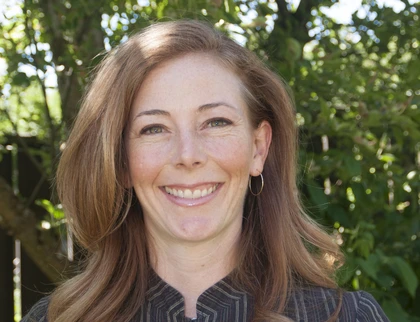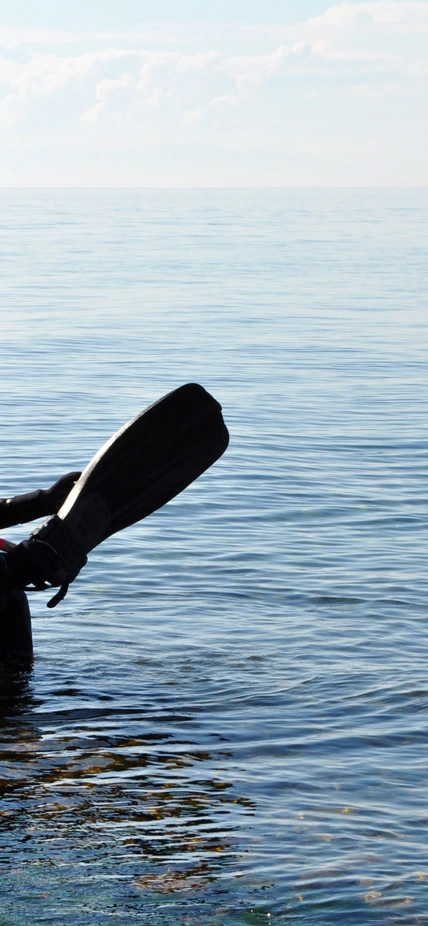
Pasadena, CA— Deputy Director of Carnegie’s Biosphere Sciences and Engineering Division Stephanie Hampton, a freshwater ecologist whose work has informed both conservation efforts and policymaking, has been elected President of the Ecological Society of America, the world’s largest ecological professional society. She will serve a three-year term.
ESA’s membership comprises more than 9,000 researchers, educators, natural resource managers, and students across diverse areas of expertise within the ecological sciences. The society also publishes five prestigious journals. As president, Hampton will head up the governing board that establishes ESA’s vision, goals, and objectives.
“I am honored to serve the ESA community in this role,” Hampton said. “ESA has long been a leader in promoting the role of sound science in environmental policy, a need that continues to grow with the complexity of societal challenges. I have also appreciated that ESA has taken a proactive stance on issues broadly faced by STEM fields, such as the critical importance of diversifying voices in science, embracing open science, and enhancing our discipline’s capacity for data intensive research.”
“Dr. Hampton will step into this role with a long history of leadership in the ecological and biological research communities,” added current ESA President Sharon Collinge in a statement. “Her deep understanding of the science landscape, and her drive to enact positive changes within the discipline are closely aligned with ESA’s values of integrity, inclusion, and adaptability.”
Hampton is a freshwater ecologist with expertise in environmental informatics and analysis of large environmental data sets. Her research includes analyzing the effects of climate change and other human impacts on lakes worldwide. She joined Carnegie earlier this year from the National Science Foundation, where she was the director of the Division of Environmental Biology. Hampton was also a professor and the former director of an interdisciplinary environmental research center at Washington State University between 2014 and 2022, overlapping with her work at the NSF.
“Congratulations to Stephanie on this well-deserved recognition by her peers in the ESA community of her research accomplishments and leadership. We are delighted to have recently welcomed Stephanie to Carnegie as we redouble our efforts to create the scientific knowledge base for tackling some of the most pressing challenges of our time, including the impacts of climate change on biodiversity, and the Earths ecosystems ,” said Carnegie President Eric D. Isaacs.
Added said Biosphere Sciences and Engineering Director, Margaret McFall-Ngai: “This honor comes at a time when Carnegie is strengthening its investment in environmental research with a genomes-to-ecosystems approach to tackling some of the greatest challenges facing humanity today, including climate change, loss of biodiversity, sustainability of food and energy. Stephanie’s efforts will cement connections between our vision for research excellence and the greater ecological community and will position Carnegie for continued leadership in the field of biology.”
A longtime member of ESA, Hampton’s service to the organization includes chairing the Aquatic Ecology section between 2011 and 2013, as well as membership on the Science Committee between 2013 and 2015, and Sustainability Science Committee between 2014 and 2015.
